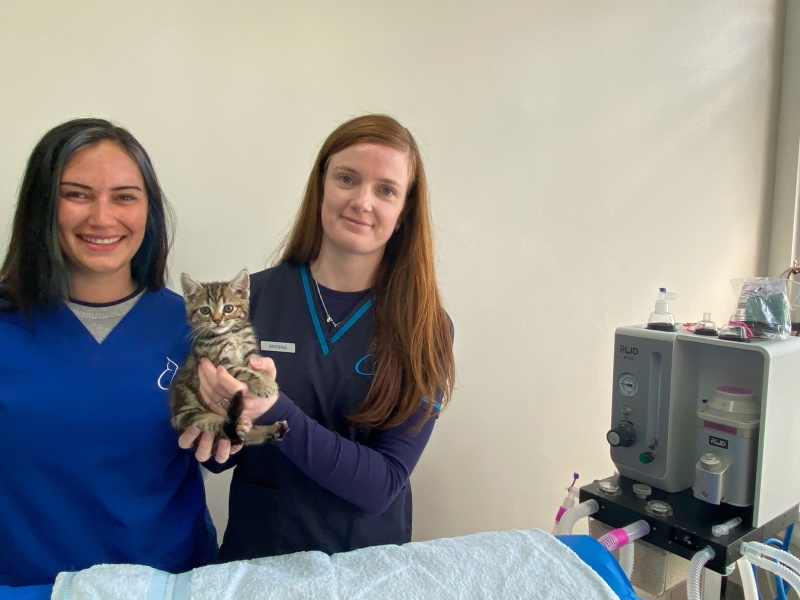
Cat Rescue Dunedin Trust chairwoman Debby Foster said the clinic was up and running, after a successful campaign to raise the $30,000 needed for basic operating theatre equipment, including an anaesthetic machine.
Two local veterinarians have signed up to spend a morning each week desexing cats.
‘‘The response to our fundraising campaign was amazing — we are so very lucky to have such a supportive community around us,’’ Mrs Foster said.
‘‘And even so, we are on a very tight budget.
‘‘As we were setting up the clinic, we were struck by the extraordinary expense of everything, but thankfully we have managed to get the equipment we need,’’ she said.
Located next door to the main Cat Rescue Dunedin shelter in South Rd, Caversham, the clinic would allow for the desexing of more cats, preventing them from breeding and creating colonies around the city, she said.
It would also save on costs — Cat Rescue Dunedin worked with local veterinary practices to desex 970 cats in 2023 — and would free up space for under-pressure vets, who supported the clinic.
The Cat Rescue Dunedin vets had started doing some desexing operations already and the organisation would be working towards establishing the clinic as a community desexing service in 2025, Mrs Foster said.
‘‘Having our own clinic means we’ll be able to desex and microchip even more cats and kittens.’’
Through establishing the clinic and applying for grants, the shelter wanted to provide help to cat owners who otherwise would struggle to afford it.
The community desexing clinic was ‘‘coming at a good time’’ for Cat Rescue Dunedin, as the trickle of kittens coming in started to become a flood, Mrs Foster said.
‘‘Kitten season seems to have been a little bit later, but in the past week or so, we have had a sharp rise in the number of kittens coming in,’’ she said.
Among them was a litter of four ‘‘hissy and spitty’’ kittens, rescued from a drain by a kind resident, which were quickly becoming tame. Another 27 kittens had come in over the weekend.
‘‘However, we still want to say to people ‘please don’t dump your kittens if you are going away for Christmas, bring them in to us’. We will be here throughout the festive season,’’ she said.
The number of cats and kittens coming in remained fairly consistent at the shelter, which had taken in 704 cats this year — among them 460 kittens, Mrs Foster said.
‘‘Our hope is that our new clinic will help to stop the flood — which will be better for everyone.’’
Cat Rescue Dunedin is in need of more people to foster kittens and also people to help with trapping cats and kittens.
‘‘If we had some more trappers, we could get into more of the colonies across the city.’’














